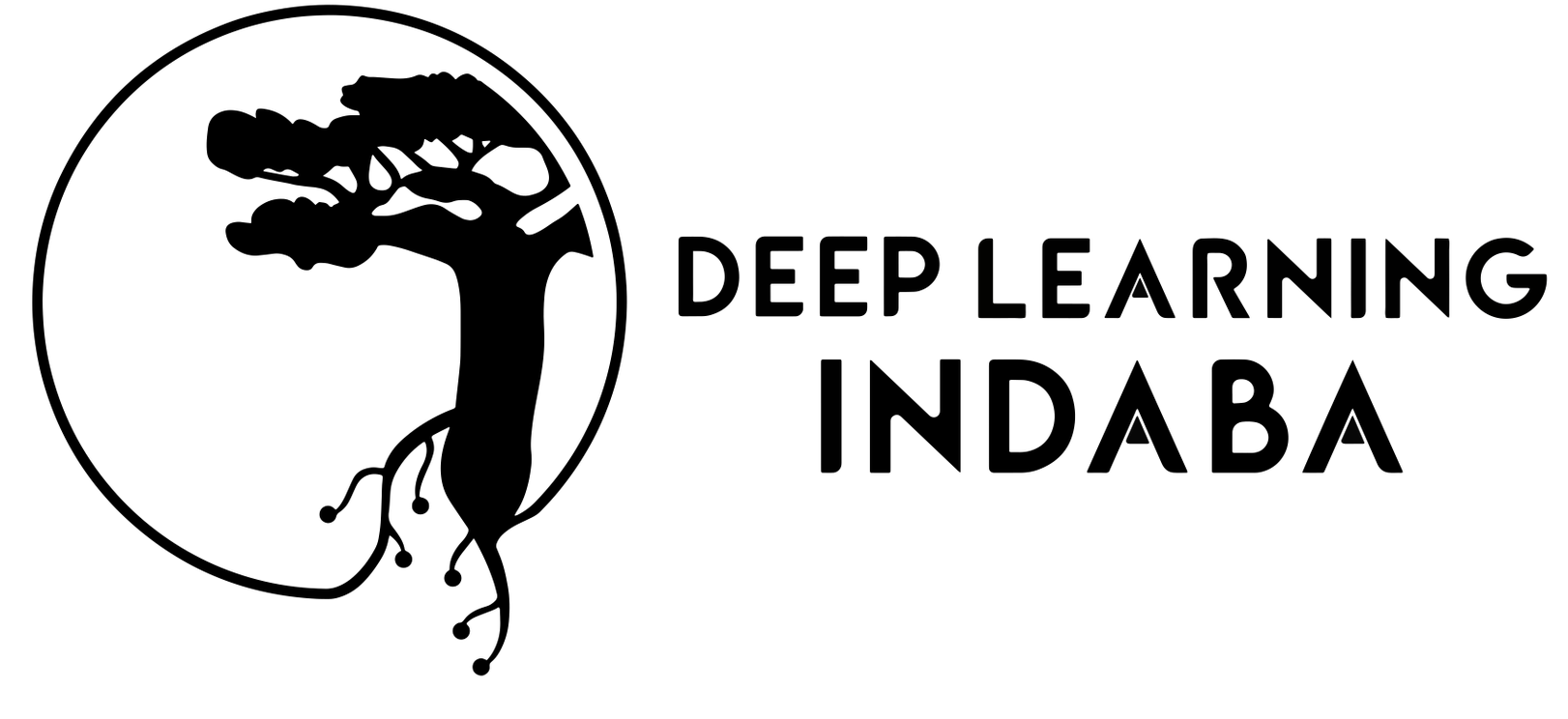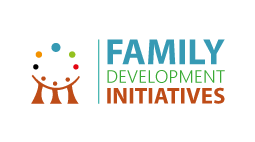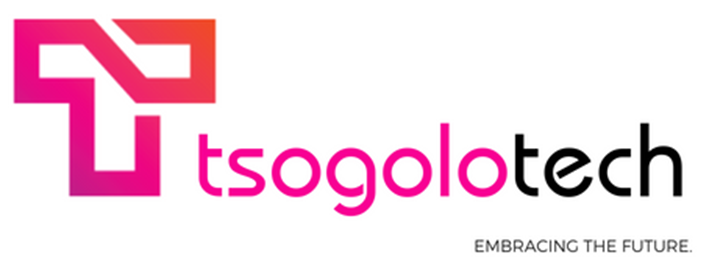We value the involvement of everyone in the communities we operate - learners, instructors, hosts, developers, steering committee members and staff. We are committed to creating a friendly and respectful place for learning, teaching and contributing. All participants in our events and communications are expected to show respect and courtesy to others. To make clear what is expected, everyone participating in Indaba is required to conform to the following Code of Conduct. Indaba Organizers are expected to assist with enforcement of the Code of Conduct. If you believe someone is violating the Code of Conduct we ask that you report it to the Organisers of the Indaba by emailing indabaxzambia@gmail.com. All reports will be kept confidential.
Code of Conduct
The organisers of the Indaba are dedicated to providing a welcoming and supportive environment for all people, regardless of background or identity. However, we recognise that some groups in our community are subject to historical and ongoing discrimination, and may be vulnerable or disadvantaged. Membership in such a specific group can be on the basis of characteristics such as gender, sexual orientation, disability, physical appearance, body size, race, nationality, sex, colour, ethnic or social origin, pregnancy, citizenship, familial status, genetic information, religion or belief, political or any other opinion, membership of a national minority, property, birth, or age. We do not tolerate harassment of participants on the basis of these categories, or for any other reason. Harassment is any form of behaviour intended to exclude, intimidate, or cause discomfort. Because we are a diverse community, we may have different ways of communicating and of understanding the intent behind actions. Therefore we have chosen to prohibit certain forms in our community, regardless of intent. Prohibited harassing behaviour includes but is not limited to:
- Written or verbal comments which have the effect of excluding people on the basis of membership of a specific group listed above
- Causing someone to fear for their safety, such as through stalking, following, or intimidation
- The display of sexual or violent images
- Unwelcome sexual attention
- Nonconsensual or unwelcome physical contact
- Sustained disruption of talks, events or communications
- Incitement to violence, suicide, or self-harm
- Continuing to initiate interaction (including photography or recording) with someone after being asked to stop
- Publication of private communication without consent
Our Partners and Sponsors




2019 © All Rights Reserved.